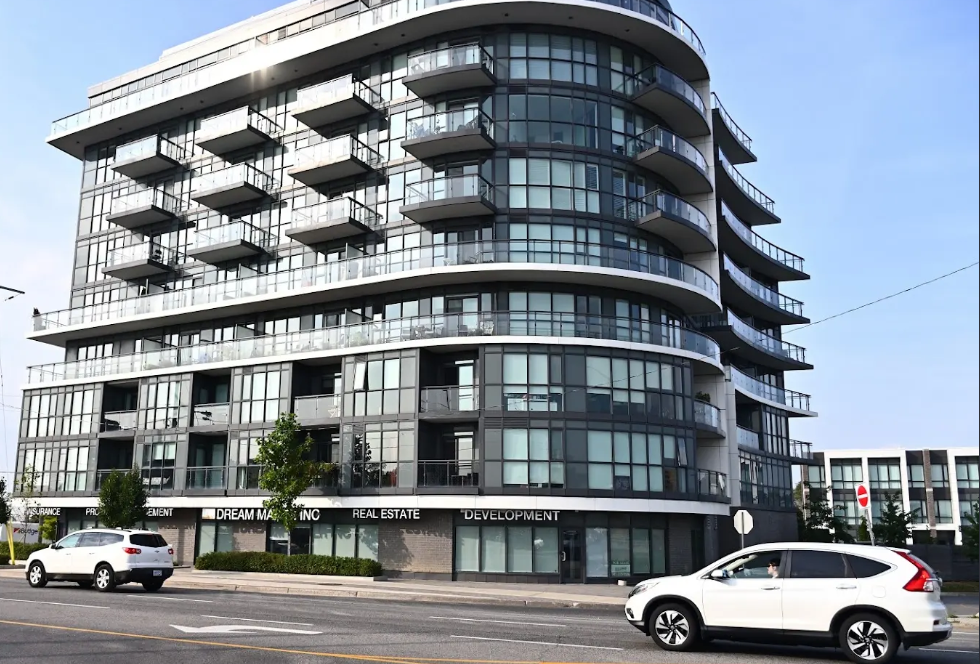Housing is a fundamental human need and plays a crucial role in the overall well-being of individuals and communities. However, the Black community has long faced systemic challenges in accessing safe, affordable, and quality housing, resulting in disparities and negative consequences that ripple through generations. In this blog post, we will discuss the importance of housing, its impact on the Black community, and the need for community discussions to address these disparities and promote equitable access to quality housing.
The Importance of Housing for the Black Community
Housing is essential for the Black community in several ways:
- Stability and Security: A safe and stable home provides a foundation for personal, social, and economic growth, enabling individuals to focus on education, employment, and community engagement.
- Health and Well-being: Quality housing significantly affects physical and mental health, with inadequate living conditions contributing to a range of health issues and disparities.
- Intergenerational Wealth: Homeownership is a critical component of wealth-building, which can help to break the cycle of poverty and promote social mobility for future generations.
Systemic Challenges in Housing
Despite the significance of housing, the Black community faces numerous systemic barriers that hinder access to quality housing:
- Housing Discrimination: Racial bias in lending, renting, and home-buying practices has historically limited housing opportunities for Black individuals, perpetuating residential segregation and inequality.
- Economic Disparities: Persistent wage gaps and economic inequality hinder the ability of many Black individuals to afford quality housing or secure homeownership, exacerbating housing disparities.
- Gentrification and Displacement: The process of gentrification often disproportionately affects Black communities, leading to displacement, loss of affordable housing, and the erasure of cultural identity.
The Need for Community Discussion
To address the systemic challenges in housing faced by the Black community, it is essential to foster inclusive community discussions that promote understanding, collaboration, and action. Here are three key reasons why community dialogues are crucial:
- Raising Awareness: Community discussions can help to shed light on the specific challenges faced by the Black community in accessing quality housing, promoting awareness and empathy among community members.
- Advocacy and Policy Change: Engaging in community dialogue can amplify the voices of those most affected by housing disparities, influencing policy decisions and driving systemic change to address housing inequality.
- Resource Sharing and Collaboration: Community conversations provide a platform for sharing information about resources, programs, and initiatives that can help to improve housing access and affordability for the Black community.
Conclusion
Housing is a fundamental aspect of well-being and social mobility, yet the Black community continues to face systemic barriers that limit access to quality housing. By engaging in inclusive community discussions, we can raise awareness, advocate for policy change, and share resources to address these disparities and promote equitable access to safe, affordable, and quality housing for all. It is time to recognize the importance of housing and its impact on the Black community, and to come together to ensure that everyone has the opportunity to secure a stable and healthy home.
Keep track and join all the conversations on https://mkutano.community




